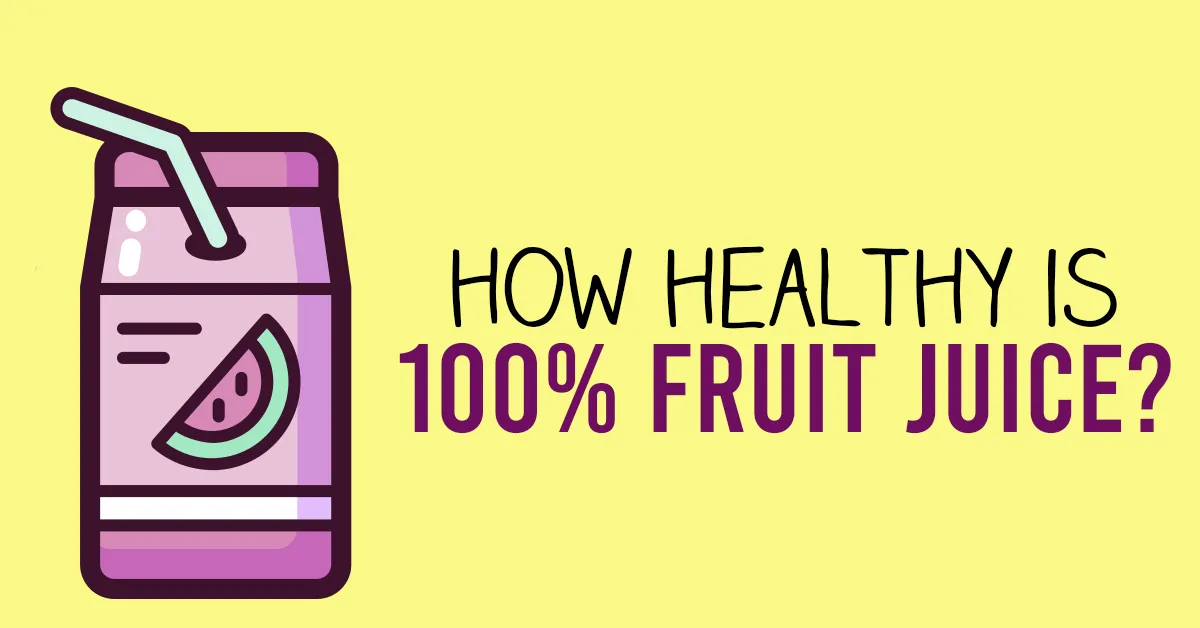Some say fruit is “nature’s candy.” It’s sweet but is also packed with nutritional value.
When you take that fruit and turn it into a beverage, do you still have a nutritional option? The consumption of fruit juice has declined over the years as awareness spread regarding juice being high in sugar – having more in common with soda than the fruit they are based on.
100% fruit juice has been perceived as a remaining option for a tasty alternative for kids, but the reality could be much different.
The Sugar Problem
Just like regular fruit juice, 100% juice shares a similar problem – it’s loaded with sugar. It may be natural sugar found in the fruit, but it’s still a hefty amount of sugar.
A 4oz juice box, can realistically contain 14 grams of sugar. Though a can of soda is often 12oz, the amount of sugar found in a juice box is quite similar to what you would find in 4oz of soda.
While a juice box could be a realistic amount of juice to consume (considering the sugar content), the serving size may be harder to follow if you buy juice in a jug.
What about the Vitamins?
Considering the health benefits that whole fruits have, such as vitamins and other nutrients, it’s fair to assume you would find these things in 100% fruit juice as well. If you read the nutrition facts for a given fruit juice you will see that they do contain helpful vitamins.
However, fruit juice loses a key component of whole fruit – the skin and pulp. With these components removed from fruit juice, you are missing out on the fiber that would traditionally receive from the skin and pulp.
100% fruit juice is not a direct replacement for real fruit because this liquified format will break down in your body more quickly and be absent of the fiber to make you feel full.
What’s a Better Option?
If you’re going to rarely offer your kids fruit juice, there are alternatives to try. Tea, smoothies, and flavored water could be good alternatives. Smoothies can be made at home with whole fruits, and your children can be involved in the entire process, from purchasing the fruit to blending it to trying different fruit combinations.
Additionally, if your kids do drink juice, refrain from doing so with a sippy cup. UC Davis Health warns this can make it easier for children to drink juice throughout the day – leading to increased consumption.


